Pakistan military scrambles jets over ‘IAF violation’
Tensions escalate after first clash of its kind since war in 1971

A free daily email with the biggest news stories of the day – and the best features from TheWeek.com
You are now subscribed
Your newsletter sign-up was successful
Pakistan has accused India's military of violating its airspace, and says its air force has scrambled jets in response.
Major General Asif Ghafoor tweeted: “Indian Air Force violated Line of Control. Pakistan Air Force immediately scrambled. Indian aircrafts gone back. Details to follow.”
He said that the “intrusion" had come three to four miles across the border which divides India-administered Kashmir from Pakistan-administered Kashmir. “No infrastructure got hit, no casualties,” he added.
The Week
Escape your echo chamber. Get the facts behind the news, plus analysis from multiple perspectives.

Sign up for The Week's Free Newsletters
From our morning news briefing to a weekly Good News Newsletter, get the best of The Week delivered directly to your inbox.
From our morning news briefing to a weekly Good News Newsletter, get the best of The Week delivered directly to your inbox.
The move comes after an Indian minister said that air force jets had hit “terror camps” across the ceasefire line in Kashmir. Sources told an Indian news agency that 12 fighter jets had crossed into Pakistani territory and destroyed a “major terrorist camp”.
However, Pakistani military said the Indian jets had dropped their payload early while fleeing from defending forces.
This was the first aerial bombing over the disputed border since the two countries went to war in 1971.
Tensions between the nuclear-armed neighbours are at their “highest in years”, The Guardian says, after a suicide bomber drove an explosive-filled vehicle into a convoy of Indian troops on 14 February.
A free daily email with the biggest news stories of the day – and the best features from TheWeek.com
At least 40 soldiers were killed in the deadliest attack in the region in decades, which India blamed on Pakistan, an allegation the country denies.
According to the New York Times, tensions between the two nations are “unlikely” to erupt into full-scale war but The Times of India points out that the Indian Air Force remains “on high alert” today.
India and Pakistan both claim all of Kashmir. The nations have fought three wars and a limited conflict since they seized independence from Britain in 1947.
On Sunday, Pakistan's Prime Minister Imran Khan said his Indian counterpart Narendra Modi should "give peace a chance”.
-
 Local elections 2026: where are they and who is expected to win?
Local elections 2026: where are they and who is expected to win?The Explainer Labour is braced for heavy losses and U-turn on postponing some council elections hasn’t helped the party’s prospects
-
 6 of the world’s most accessible destinations
6 of the world’s most accessible destinationsThe Week Recommends Experience all of Berlin, Singapore and Sydney
-
 How the FCC’s ‘equal time’ rule works
How the FCC’s ‘equal time’ rule worksIn the Spotlight The law is at the heart of the Colbert-CBS conflict
-
 What will bring Vladimir Putin to the negotiating table?
What will bring Vladimir Putin to the negotiating table?Today’s Big Question With diplomatic efforts stalling, the US and EU turn again to sanctions as Russian drone strikes on Poland risk dramatically escalating conflict
-
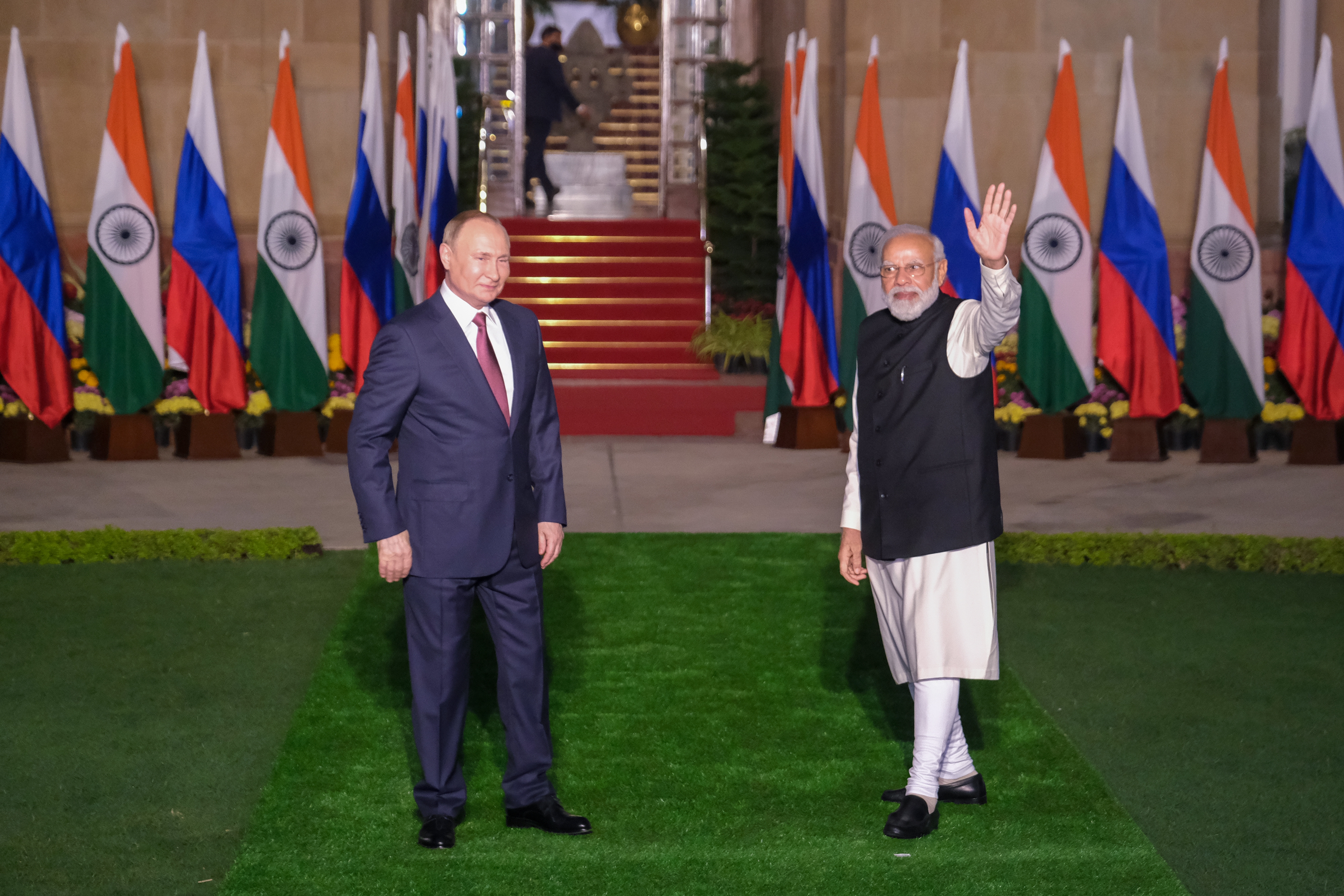 Russia asks India to send supplies as sanctions derail Moscow's economy
Russia asks India to send supplies as sanctions derail Moscow's economySpeed Read
-
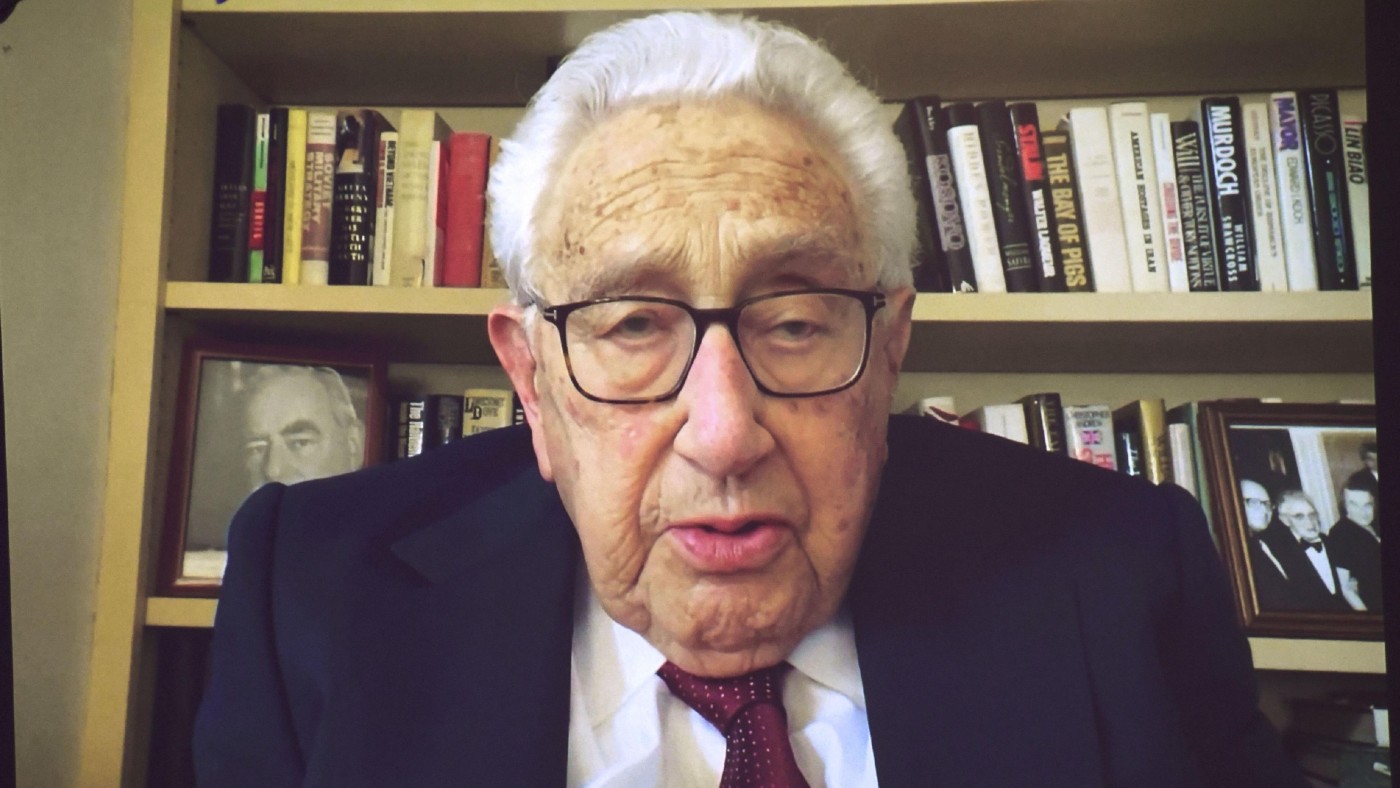 Is Henry Kissinger right about Ukraine?
Is Henry Kissinger right about Ukraine?Speed Read The US statesman made a controversial speech at a virtual Davos appearance last week
-
 Volodymyr Zelenskyy refused evacuation as Russian hitmen ‘parachuted’ into Kyiv
Volodymyr Zelenskyy refused evacuation as Russian hitmen ‘parachuted’ into KyivSpeed Read Ukrainian president turned down opportunity to leave capital despite threat to life, adviser claims
-
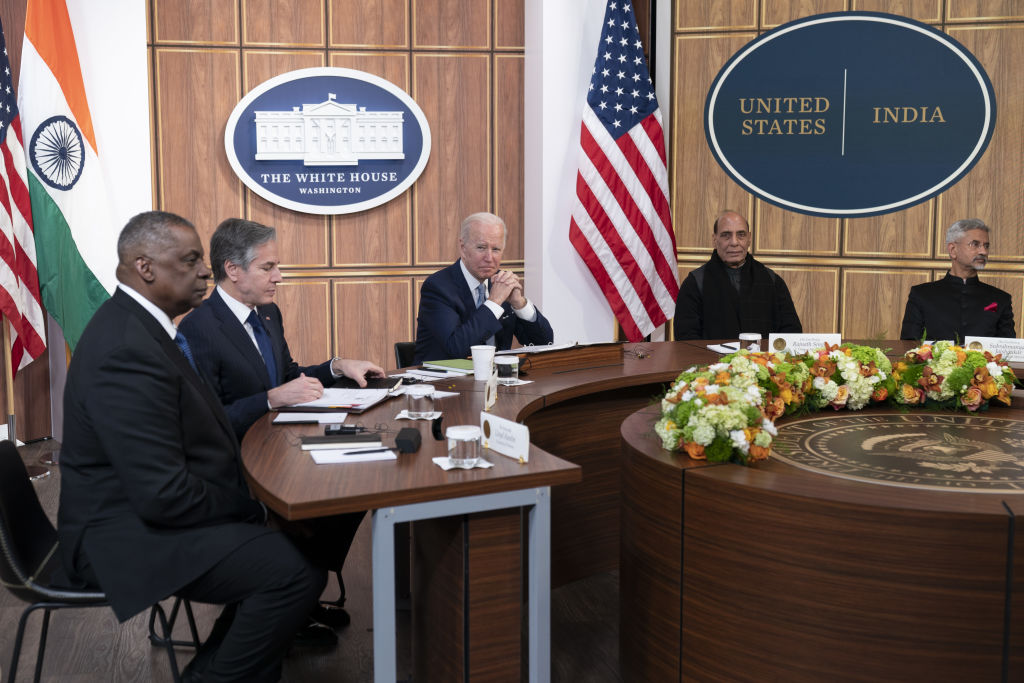 U.S., India to continue 'close consultation' on managing effects of Russian invasion, Biden says
U.S., India to continue 'close consultation' on managing effects of Russian invasion, Biden saysSpeed Read
-
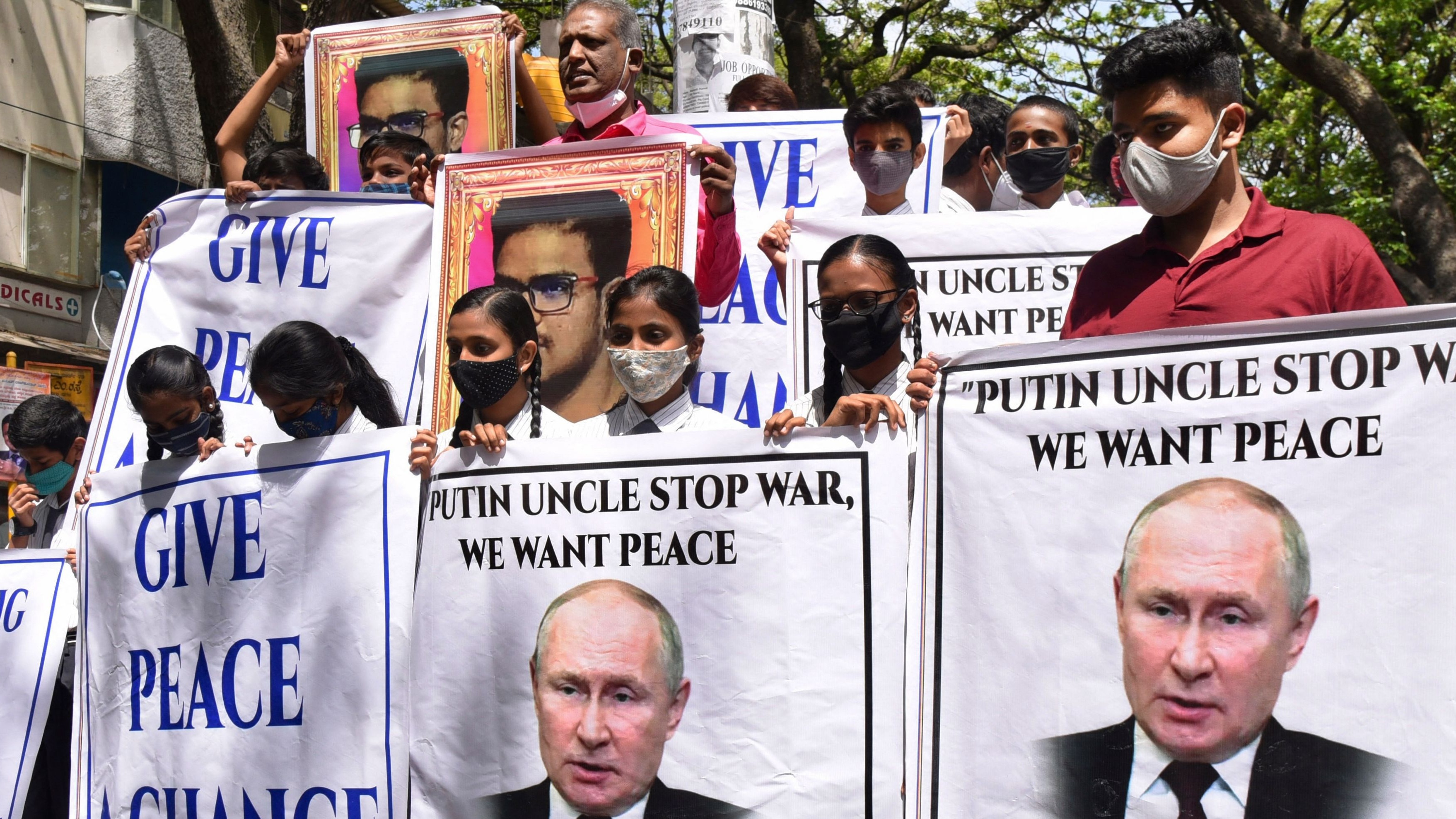 Why India won’t condemn Russia’s Ukraine invasion
Why India won’t condemn Russia’s Ukraine invasionfeature History and political expediency combine in Narendra Modi’s muted response
-
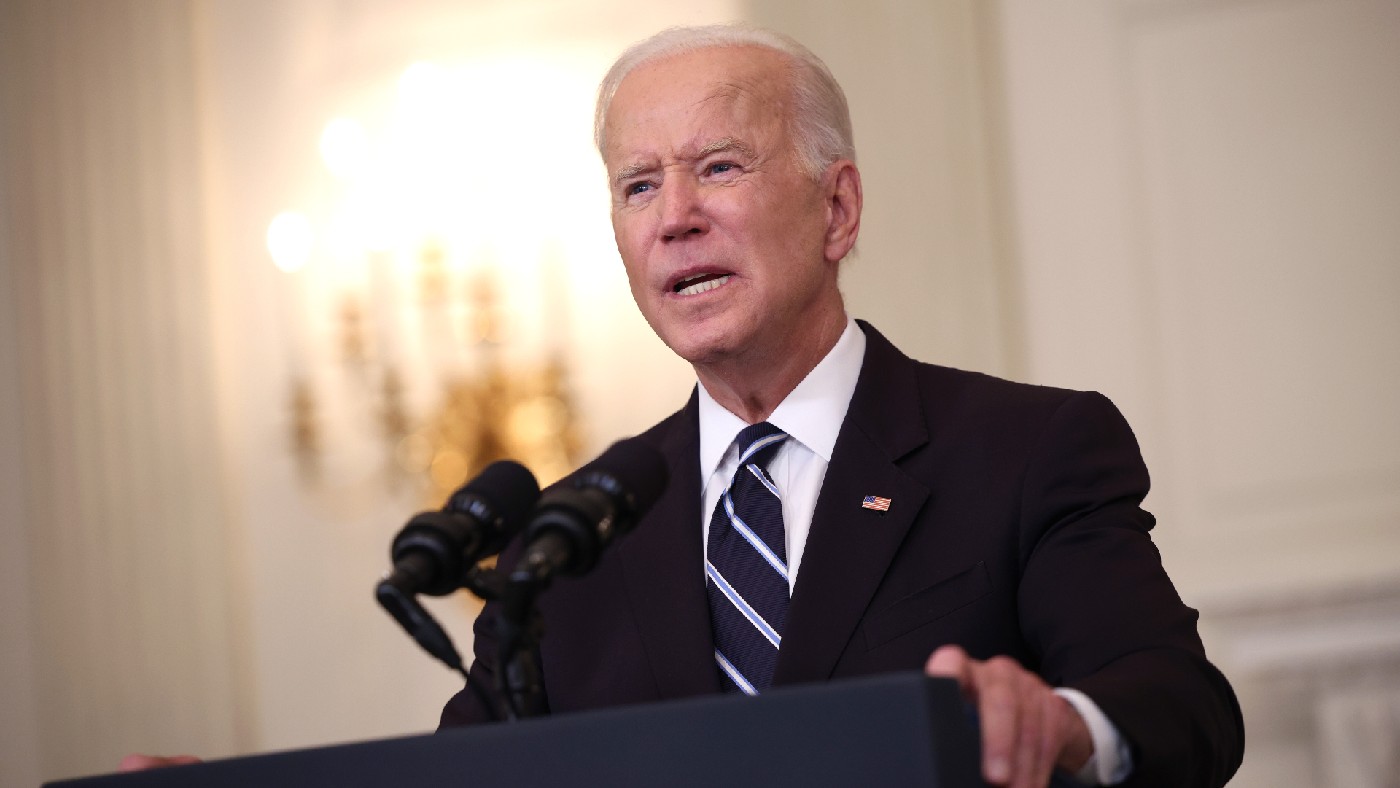 America’s withdrawal from Afghanistan: a retreat into isolationism?
America’s withdrawal from Afghanistan: a retreat into isolationism?Speed Read ‘In his selfish unilateralism’, Biden is no better than Trump, said The Daily Telegraph
-
 The ‘heat dome’: blistering temperatures in the Pacific Northwest should act as a wake-up call
The ‘heat dome’: blistering temperatures in the Pacific Northwest should act as a wake-up callSpeed Read People are used to hearing of record-high temperatures in desert states such as Nevada or Arizona, but not in verdant Washington and Oregon